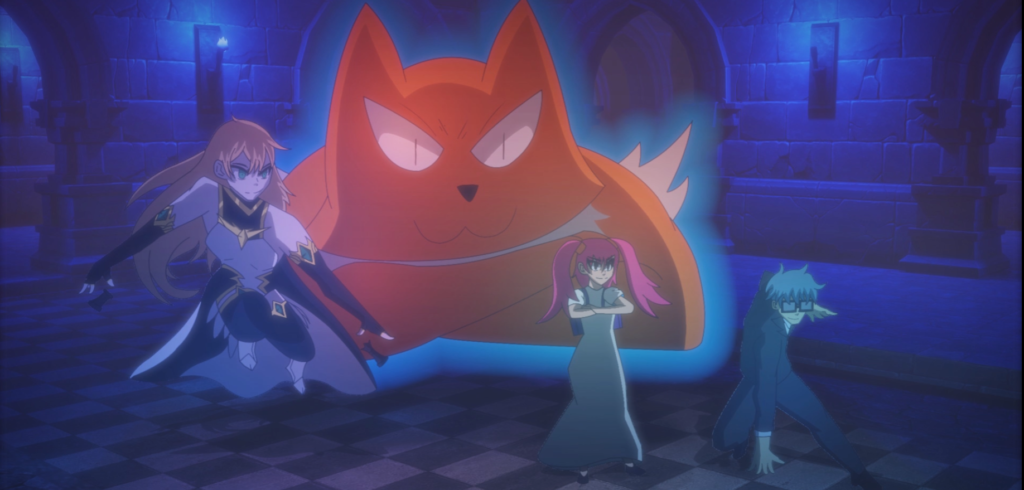
Chess is a game that has been around for centuries and is known for its complexity, strategy, and ability to test one’s intellect. Many people have drawn parallels between the game of chess and life, as both involve making decisions, predicting outcomes, and adapting to changing circumstances.
Similarities between chess and life include:
- Planning and strategy: In both chess and life, it is important to have a plan and to think ahead. Just as a chess player must consider their next move and anticipate their opponent’s responses, in life, we must plan for the future and think about how our actions will impact the outcome.
- Adapting to change: Chess is a game that is constantly in flux, and players must be able to adapt to new circumstances quickly. Similarly, life is full of unexpected events and challenges, and it’s important to be able to adjust and move forward.
- Making decisions: Both chess and life require us to make decisions, some of which are easy and some of which are much more difficult. It is important to weigh the consequences of each decision and choose the path that will lead to the best outcome.
However, there are also some key differences between chess and life:
- Predictability: While chess is a complex game, it is still a game with rules and patterns that can be learned and predicted. Life, on the other hand, is much more unpredictable and can be more difficult to plan for.
- Limited moves: In chess, players have a limited number of moves they can make, and they must choose wisely. In life, however, the possibilities are much more open and limitless, allowing for more flexibility and creativity.
- Consequences: In chess, the consequences of a move are limited to the game itself. In life, the consequences of our actions can have a much broader impact and can affect not only ourselves but also those around us.
In conclusion, while there are similarities between chess and life, there are also key differences. Chess can be a valuable tool for teaching important life skills such as strategy, decision-making, and adaptability, but it is important to remember that life is much more complex and unpredictable than the game of chess.
